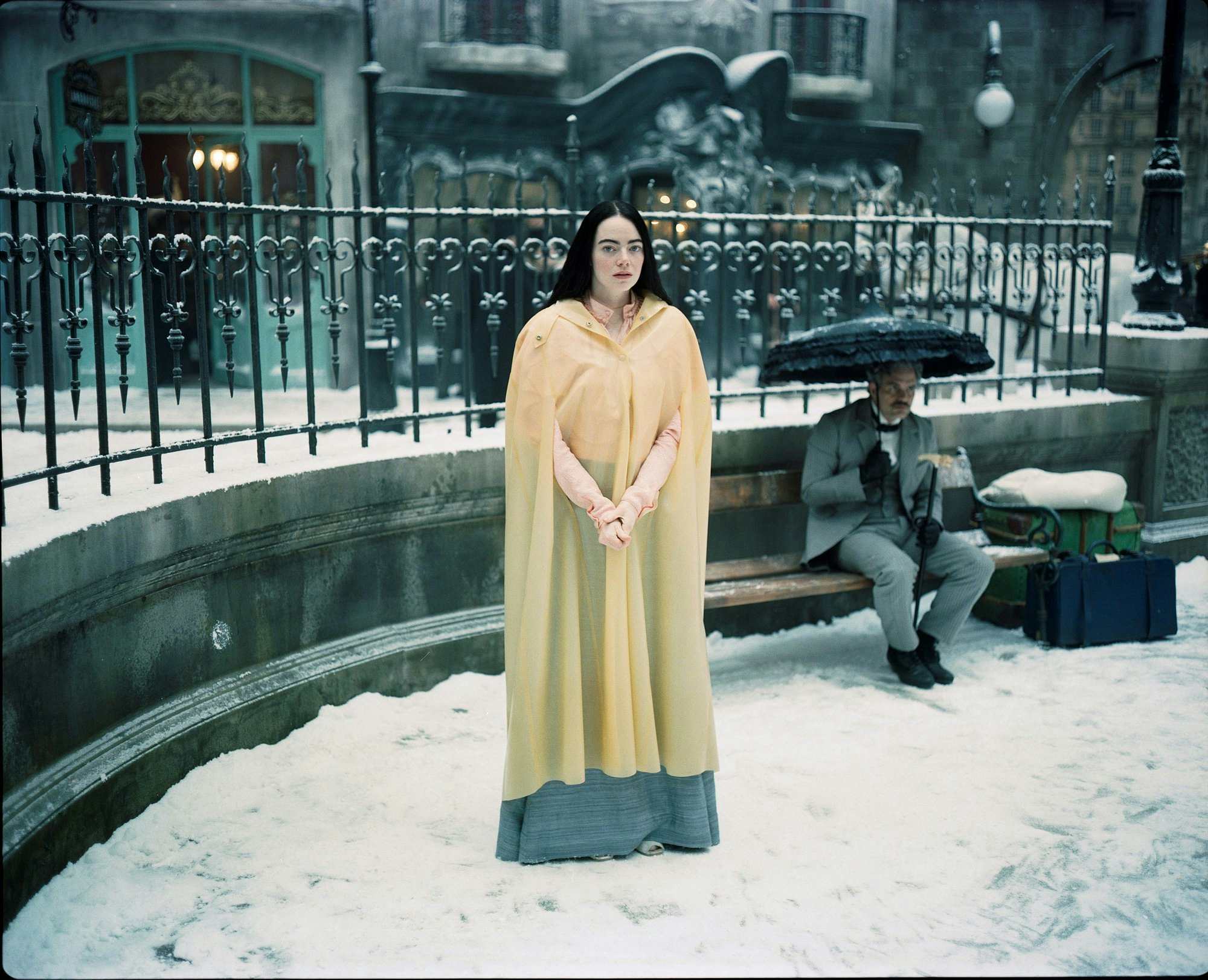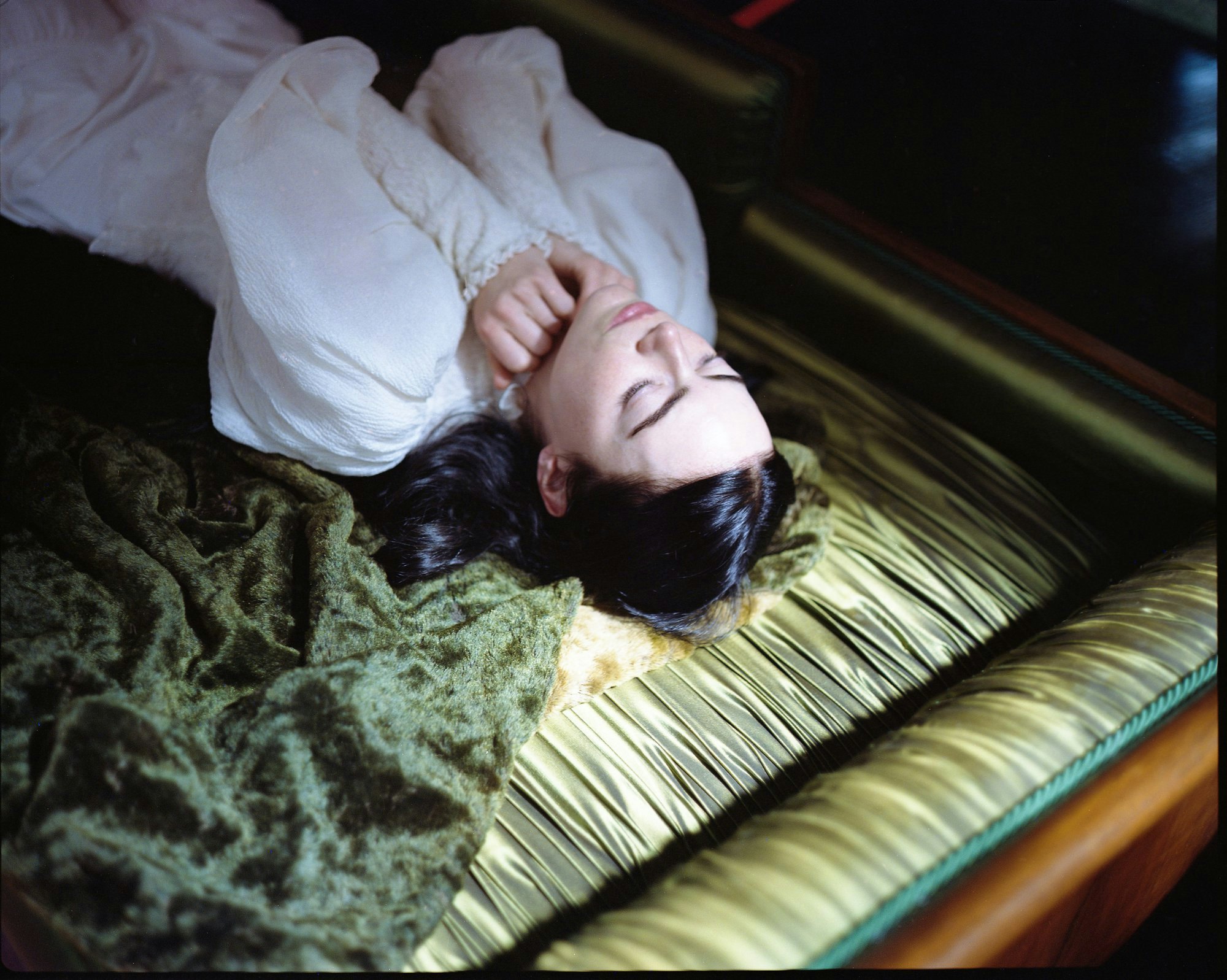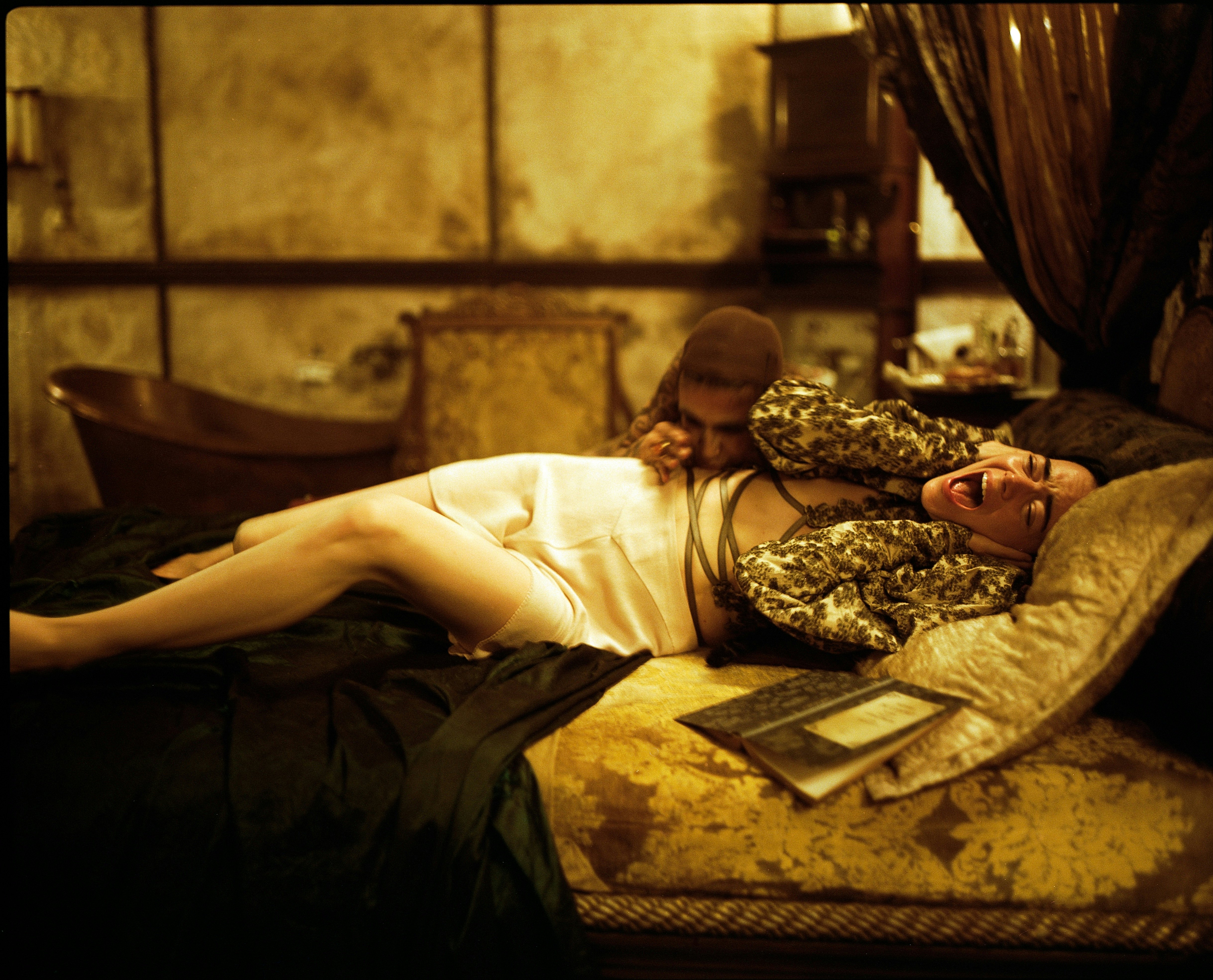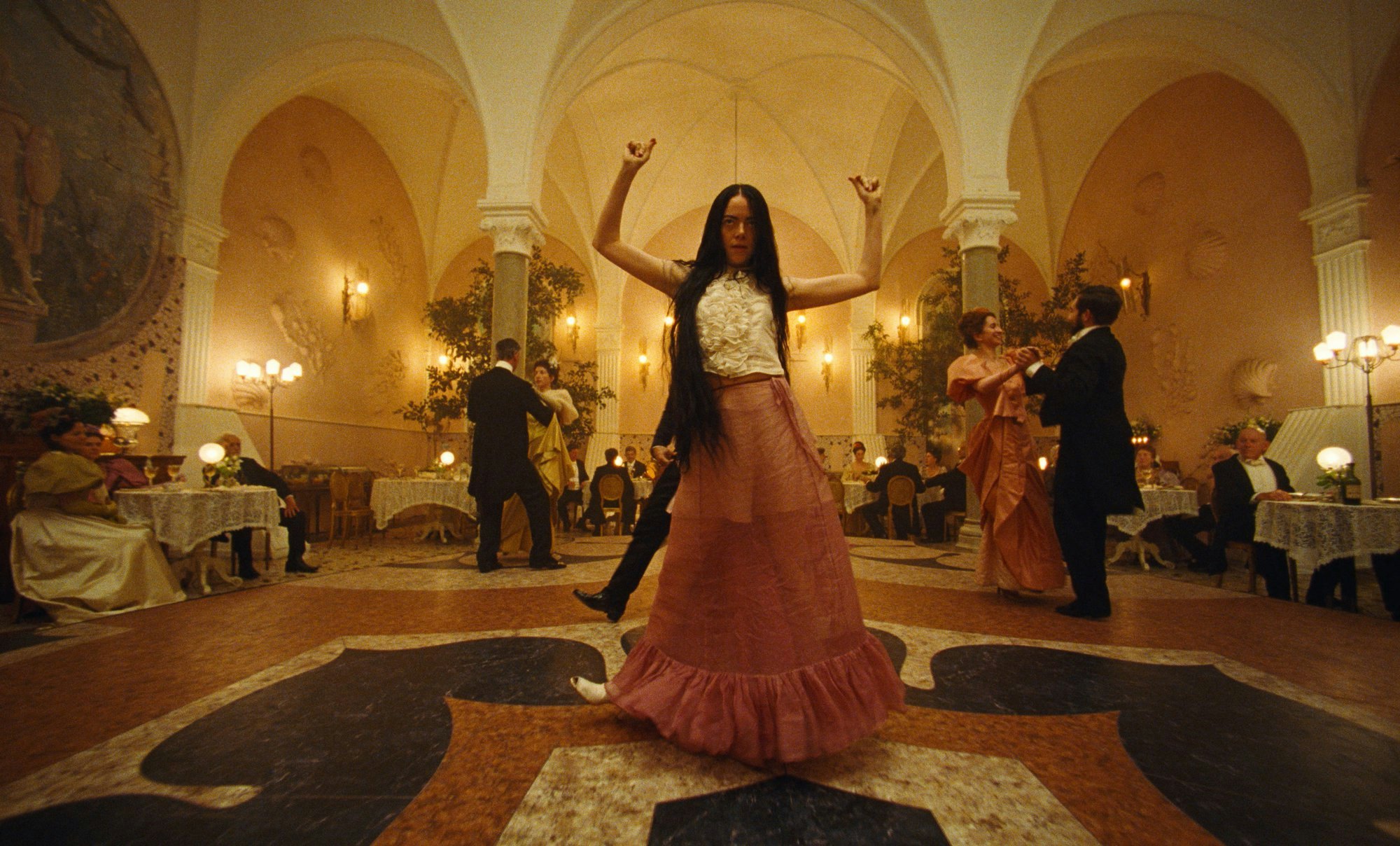
Whether you’re aware of it or not, there’s a real debate going on about the state of sex scenes in movies. The conversation has been ongoing for several years, but it’s come to the forefront of film culture this year. Viewers have spent months debating the point (or pointlessness, depending on how you see it) of Oppenheimer’s sex scenes, while a recent study revealed that the majority of Gen Z moviegoers would prefer it if there was an increased focus on platonic relationships onscreen moving forward and less of a focus on sex and nudity.
Among the many questions that have emerged at the center of this debate is whether or not it’s ever actually necessary to see characters having sex onscreen in a movie or TV show. Some have claimed that it’s always indulgent and unnecessary, and even Quentin Tarantino acknowledged earlier this year that sex isn’t a part of his personal “vision of cinema.” Suffice it to say: It doesn’t seem like this debate is going away anytime soon.
If there is one film that could put an end to the conversation, though, it’s Poor Things. The new, Yorgos Lanthimos-directed sci-fi comedy proves, among other things, that sex scenes can actually play a necessary role in a film’s story.

Poor Things follows Bella Baxter (Emma Stone), a woman who is brought to life with a child’s brain in an adult body. Throughout its story, Bella grows from a naive, innocent child still learning how to walk, talk, and behave, to a woman who knows exactly who she is and what she wants. Her journey is defined by her slow but sure political awakening, ever-sharpening intelligence, and her numerous sexual exploits, nearly all of which are shown onscreen by Lanthimos.
Indeed, Poor Things’ second act begins when Bella decides to leave the care of her creator, Dr. Godwin Baxter (Willem Dafoe), in order to go on a trip across the world with the crude, lecherous Duncan Wedderburn (Mark Ruffalo), a lawyer who makes his sexual interest in her immediately clear. Their trip together is punctuated by some of the most ludicrous big-screen sex scenes in recent memory. As sexually compatible as they prove to be, though, Duncan’s feelings toward Bella become increasingly possessive. She, in turn, reacts coldly to his intense jealousy.

Bella makes it clear that, while she has no qualms about sleeping with Duncan, she also has no intention of changing her personality or thoughts for him. When she later begins working as a sex worker at a brothel run by the manipulative, parasitic Madame Swiney (Kathryn Hunter), Bella similarly reacts to her boss’ attempts to coerce and guilt her with her trademark candor and tactfulness. She agrees to accommodate practically every customer thrown her way, but she also manages to turn each encounter she has at Swiney’s establishment into one that allows her to still be in constant control.
In these scenes, as well as her rounds of “furious jumping” with Duncan, viewers get to see the level of autonomy that Bella maintains at all times, and therein lies the brilliance of Poor Things’ sex scenes. Not only do the film’s instances of onscreen nudity and sex further contribute to its farcical tone, but they also make it impossible for viewers to infantilize Bella and misread the nature of her transactional relationships with Ruffalo’s Duncan and Hunter’s Swiney. If it weren't for Poor Things’ sex scenes, it’d be easy to believe that those characters actually are taking advantage of Bella — rather than the other way around.

What makes Bella’s journey in Poor Things so interesting is how the movie shows her becoming increasingly capable of subverting, ignoring, and bending the societal norms that seek to restrict and control her. She’s a character who matures and grows over the course of Poor Things’ story, but she also never loses her childlike confidence, curiosity, and willfulness. The film’s sex scenes are, for their part, key to understanding the complexity of her character and the full scope of her arc.
Sex scenes are, in other words, just another instrument in a filmmaker’s toolbox. They can be vessels for horror, drama, or — as they are in Poor Things — character growth and comedy. That’s not to say that certain instances of onscreen nudity can’t be gratuitous in the same way that violence and even dialogue can be. Sex scenes obviously can be gratuitous and out-of-place, but that doesn’t mean they should be written off as entirely unnecessary.
Putting aside the potential issues associated with viewers’ increasing disinterest in mature topics like sex, it’s worth noting that a great sex scene can accomplish a lot in a movie. Poor Things is proof enough of that.







